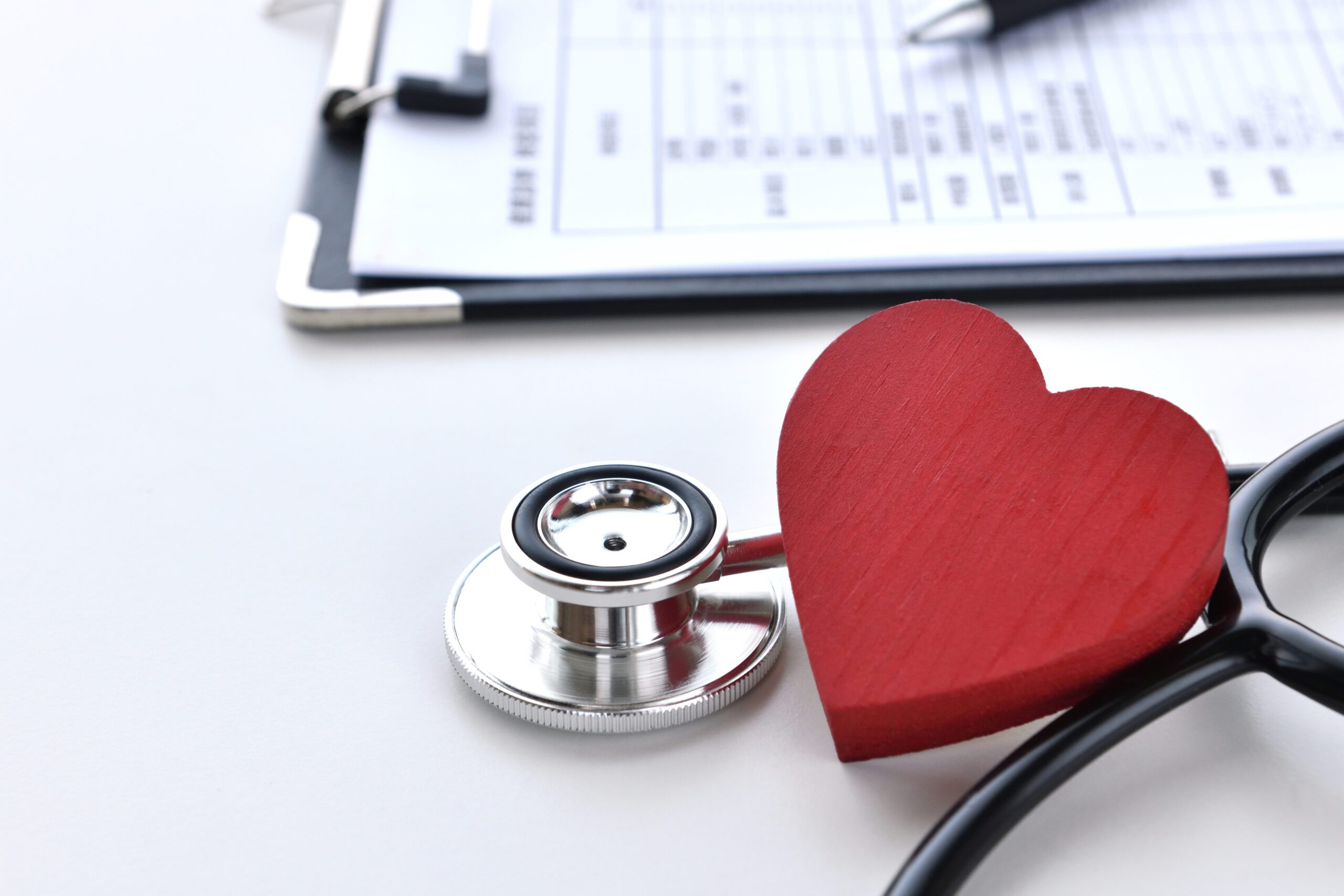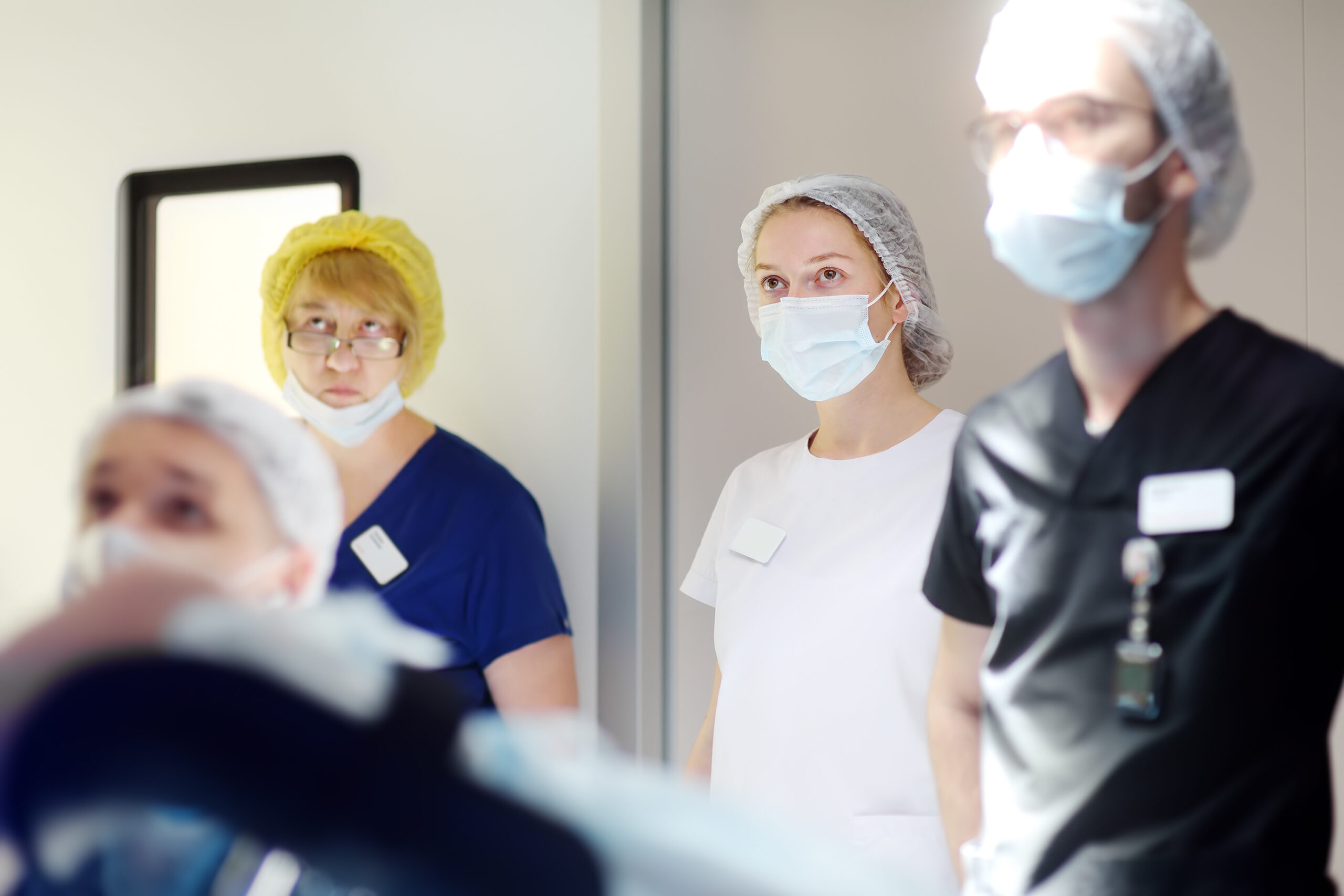Caleb Dresser is one of our most calm, thoughtful, and centered tutors. He has a big heart that has led him to help people both in the developing world and at home.
Caleb’s desire to help others is matched only by his love of science and numbers, which he uses to track the progress of the students he tutors and push them to reach their full potential.
What’s more, Caleb has an awesome sense of humor and he brings terrific energy (as well as a tremendous fund of knowledge) to his work with his students.
We deeply appreciate Caleb for all that he does for our students (and our team!), and loved hearing his responses to our questions! Here they are:
Where did you go to medical school?
The University of Massachusetts Medical School
Where are you doing your residency and in what specialty?
I’m going into Emergency Medicine, and eagerly awaiting Match Day 2016.
What are your career plans after residency?
I’m interested in institution and infrastructure-building in the developing world, with a focus on emergency medicine systems, so I’ll probably combine clinical practice with academic or non-profit activities.
What accomplishment in your medical career are you most proud of?
As a third-year medical student, I diagnosed a patient with idiopathic intracranial hypertension because she reminded me of a Step II board review question I had done a few months earlier. She was already beginning to develop papilledema and vision loss, and my prompt recognition of her condition and advocacy for appropriate testing and treatment while on a busy inpatient service probably helped preserve her eyesight.
Do you do any research? Any publications?
As a medical student, I’ve worked on research projects in Disaster Medicine and Global Emergency Medicine. A manuscript on which I am first author, “High Amplitude Atlantic Hurricanes Produce Disparate Mortality in Small Low-Income Countries”, was recently accepted for publication in the Journal of Disaster Medicine and Public Health Preparedness. Two other manuscripts focused on emergency surgery in a Ugandan emergency department staffed by non-physician clinicians are in various stages of preparation for submission to academic journals.
What brought you to Med School Tutors? Why did you choose to be a tutor?
I was referred by my friend Eli, another tutor at MST, who spoke very highly of his experience as part of the team. I was drawn to the opportunity to work with students in a one-on-one setting, and it has been highly rewarding to see the impact this level of attention can have on their academic success.
What is one piece of advice you would give to students before residency begins?
Try to get out and do something you’ll enjoy with friends you feel lucky to have, whether it’s a much-anticipated trip around the world or a visit to your hometown. You won’t have much time next year.
What is the most embarrassing story from your intern year OR what is the most awkward patient encounter you have ever had?
I walked into an exam room and the patient looked up and said “I don’t know what’s wrong with me, but YOU’RE bleeding!” Turns out chap-stick is a good investment in dry climates cracked lips hurt real bad!
What is your favorite thing to eat?
Blueberry pie, preferably on a dock, dangling my feet in the harbor, watching the stars come out over the hills.
What is the most exciting place you have ever traveled?
I spent two months at Edna Adan’s hospital in Hargeisa, Somaliland. A driver met me at the airport along with a camouflaged bodyguard cradling a Kalashnikov rifle in his lap. As it turned out, he was pleasant and friendly and played me tunes on his flip-phone the whole way to the hospital, where I got to work with Edna’s fascinating, highly motivated international team. The whole experience was a huge privilege for an aspiring physician.
If you weren’t a doctor, what would you do?
Sleep. Just kidding. I’d very likely get involved with education-focused non-profit work, either here in the United States or abroad.
What do you like to do outside of medicine?
Sailing and skiing. I’ve got AT bindings on my skis, so if lift lines are looking a bit long, you may find me skinning up slopes in the backcountry in search of untouched snow with a few good friends. In the summer, I like to sail small boats on the Charles River in Boston.




